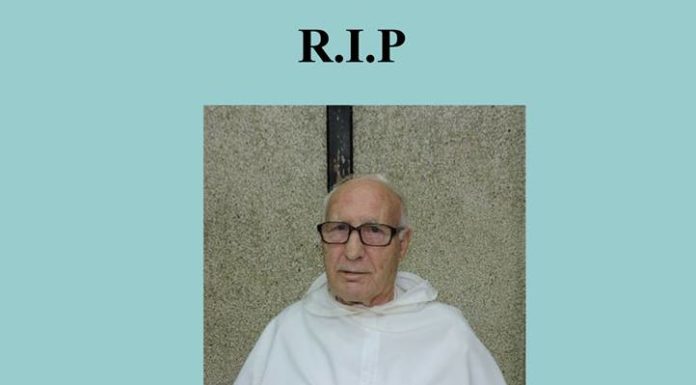“TRULY, truly, I say to you, unless you eat the flesh of the Son of Man and drink his blood, you have no life within you.” (Jn 6:53)
Pope John Paul II reiterated this in his latest encyclical, Ecclesia de Eucharistia (Church of the Eucharist), which delves on the life of the Church centered on the Sacrament.
Released last Holy Thursday, the encyclical is marked by the Pope’s most treasured moments with the Eucharist in his more than 50 years in the priesthood.
Eat, drink, and be holy
The Pope refers to the Eucharist as the source and summit of Christian Life. It contains the Church’s entire spiritual wealth—Christ—in bread and wine.
Narrating intimate experiences, the Pope writes, “When I think of the Eucharist, I naturally recall the many times and places in which I was able to celebrate it… The Eucharist has given me a powerful experience of its universal and, so to speak, cosmic character… It unites heaven and earth.”
In the encyclical’s first chapter, the Pope narrates the institution of the Eucharist in the event of the Lord’s passion and death, of which it is not only a reminder, but the re-presentation of the Passion of the Cross. “Christ returned to the Father only after he had left us means of sharing in it (the Eucharist) as if we had been present there,” he says.
In addition, the Pope stresses that the breaking of the bread makes present not only Christ’s Passion but also his resurrection, which crowned his sacrifice and made him the bread of life and the living bread.
The Holy Father further emphasizes that every time the bread and wine change into the body and blood of Christ, the Lord is making a sacrifice in the person of his priest—different in manner, but not independent of his sacrifice in the Cross. Thus, John Paul II asks, “what more could Jesus have done for us? Truly in the Eucharist, he shows us love which goes to the end”
The encyclical also reminds of proper liturgical regulations which are taken for granted. He said that a communicant must be baptized and should be in a state of grace, as it is stated: “let a man examine himself, and so eat of the bread and drink of the cup (1 Cor 11: 28).”
Faith and reason
The Pope talks of “praiseworthy efforts to unite critical thinking with the ‘living faith.’”
Catholic thinkers, for instance, explain the sense of believing in transubstantiation of the bread and wine into real body and blood of Christ. Their classic example is the digested onion having its smell lingering around for long even after the onion’s transformation into digestive substances. The dogma of transubstantiation states that the substance of bread and wine changes into that of the body and blood of Christ, although the accidents, i.e. the appearance, smell, and taste of bread and wine, remain.
Christ as God can invisibly transform his flesh and blood into bread and wine whenever He wishes. Sometimes however, He makes visible this unseen miracle. In Church history, there are 36 documented Eucharistic miracles of consecrated bread and wine turning visibly into flesh and blood.
Furthermore, the Holy Father reassures the grace-filled relationship between Mary, the Living Tabernacle, and the Eucharist. In Lourdes for example, the greatest number of miraculous healings occur not in baths, but during the daily blessing of the people with the Blessed Sacrament. The Pope asks the faithful to spend time with Christ in the tabernacle like how John, the beloved disciple, lay close to Jesus’ breast (cf. Jn 13:25).
Work for peace
Aware of the uncertainties and injustices of the times, the Pope reflects, “we need but think of the urgent need to work for peace. To defend human life from its conception to its natural end. And what should we say of the thousand inconsistencies of a globalized world where the weakest, the most powerless and the poorest appear to have so little hope!”
The Pope recounts the washing of the feet in the Last Supper (Jn 13:1-20), in which Jesus appears as a teacher of communion and service The apostle Paul, for his part, noted that it is unworthy of a Christian community to partake of the Lord’s Supper amid division and indifference toward the poor (1 Cor 11:17-22, 27-34).
World disunity can then be countered by the unifying power of the body of Christ—“because there is one bread, we who are many are one body, for we all partake of the one bread (1 Cor 10:16-17).”
Ecclesia de Eucharistia ends in a poem by St. Thomas Aquinas who the Pope calls, “an impassioned poet of Christ in the Eucharist.” John Paul II urges us to pray like the bellowing ox, who hungers for his spirit to be full: “Come then, good shepherd, bread divine/ Oh, feed us, still keep us thine/ O thou, the wisest, mightiest, best/ Our present food, our future rest.” Nicolo F. Bernardo
















